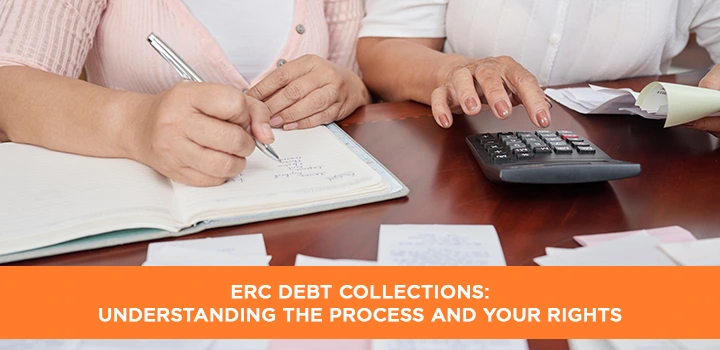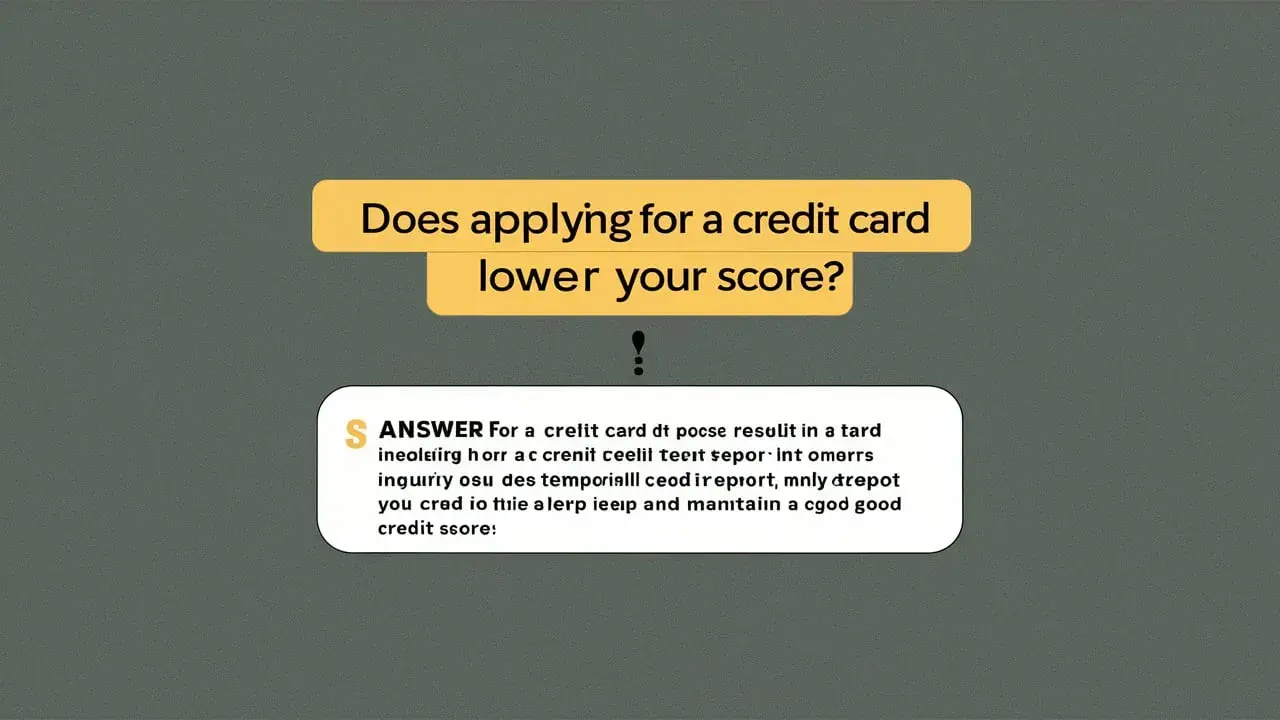-
Posted on: 19 Jul 2023

-
For many people, handling debt collections may be a taxing event. Should you obtain correspondence from ERC Account Collections about an outstanding account, you should be aware of your rights and the procedure as a debtor. We will discuss what ERC Debt Collections is, how it operates, and provide advice on how to deal with them successfully in this post.
Third-party debt collecting company Enhanced Recovery Company specializes in debt recovery for creditors from overdue accounts. They handle credit card debt, medical bills, personal loans, and more among other forms of debt. A creditor may use ERC Debt Collections to pursue the overdue amount if they are unable to be paid by a debtor straight-forward.
What are ERC Debt Collections?
Reputable debt collecting company ERC debt collection agency is somewhat well-known in the business. They use seasoned debt collectors with expertise in managing collections and settlement negotiations. Recovering the exceptional debt on behalf of the original creditor is their main objective.
How Do ERC Debt Collections Work?
A debt transferred to ERC Debt Collections will start correspondence with the debtor via phone calls, letters, or emails. They will provide details about the debt, including the outstanding balance, the original creditor, and any further interest or fees that could have developed. When interacting with debtors, ERC Debt Collections have to follow certain policies and rules delineated by the Fair Debt Collection Practices Act (FDCPA).
Understanding Your Rights as a Debtor
Dealing with ERC Debt Collections requires you, as a debtor, to know your rights. The following important rights guard against unfair or oppressive methods:
The Fair Debt Collection Practices Act (FDCPA)
Debt collectors' behavior is covered under the federal FDCPA legislation. It forbids methods like harassment, dishonesty, or unjust treatment and offers rules for just debt collection methods. Under the FDCPA, ERC Debt Collections have to be accurate debt collectors that identify themselves as such.
Validation of Debt
Should you contest the legitimacy of the debt or demand further information, you are entitled to have ERC Debt Collections validate the debt. They have to provide proof of the debt, like as billing records or the original loan agreement.
Cease and Desist Letters
You are entitled to demand ERC Debt Collections stop contacting you about the debt by sending a cease and desist letter. If the debt is valid, this does not release you from your obligation to pay it back, however. Before proceeding in this direction, it is essential to speak with a legal practitioner.
Dealing with ERC Debt Collections
Regarding debt collections from ERC, think about the following actions to properly manage the matter:
Maintaining Documentation
Record all of your correspondence with ERC Debt Collections in great detail, including dates, times, and conversational subjects. Should any conflicts or infractions arise, this material may act as proof.
Communicating with ERC Debt Collectors
Respond quickly to any correspondence from ERC Debt Collections, but use caution when answering over-the-phone personal or financial questions. Ask that all communications be sent in writing and save copies of any letters.
Negotiating Settlements
Should you find yourself unable to pay the whole debt, you might choose to discuss a settlement with ERC Debt Collections. Either make a flat sum payment or suggest a payback schedule that works for your income level. Any settlement agreement should be in writing before you pay any money.
Protecting Yourself from Unfair Practices
Although ERC Debt Collections follows the law, it's advisable to be alert and guard yourself against any possible unfair tactics even if they run within legal boundaries:
Recognizing Illegal Debt Collection Practices
Learn the indicators of dubious debt-collecting methods. These might be calls or threats too frequent, information distortion, or efforts at debt collection outside of the legislative limits.
Reporting Violations
You may notify the Consumer Financial Protection Bureau (CFPB) and your state's Attorney General's office if you feel ERC Debt Collections has violated your rights or used unfair methods. Offer any records or proof to back up your assertion.
Seeking Legal Help
See a debt collection and consumer rights counsel if you are regularly harassed or think your rights have been seriously violated. Should legal action become required, they can advocate your interests and provide direction particular to your circumstances.
Conclusion
Although handling ERC debt collections may be difficult, knowing your rights and acting appropriately can enable you to negotiate the process more successfully. Under the Fair Debt Collection Practices Act, save documents, use cautious communication, and be informed of your rights. Keeping educated and proactive can help you protect yourself and pursue debt resolution.
Take the first step toward financial freedom—contact (888) 803-7889 today!
Faq
Q1. Can ERC Debt Collections seize my assets to repay the debt?
No, ERC Debt Collections does not have the authority to seize your assets without a court order. However, they may pursue legal action if the debt remains unpaid.
Q2. Can ERC Debt Collections continue to contact me at my workplace?
Under the FDCPA, ERC Debt Collections is generally not allowed to contact you at your workplace if they are aware that your employer does not approve of such calls.
Q3. Can ERC Debt Collections add interest or fees to the original debt?
Depending on the terms of the original agreement, ERC Debt Collections may be allowed to add interest or fees to the outstanding debt. Ensure you review the original contract or agreement to understand the terms.
Q4. How long can ERC Debt Collections pursue a debt?
The statute of limitations determines the period during which a debt can be legally pursued. The duration varies depending on the type of debt and the laws of the state.
Q5. Can ERC Debt Collections sue me for an unpaid debt?
Yes, ERC Debt Collections has the option to file a lawsuit against you if the debt remains unpaid. It is important to seek legal advice if you receive any legal notices or summons.










